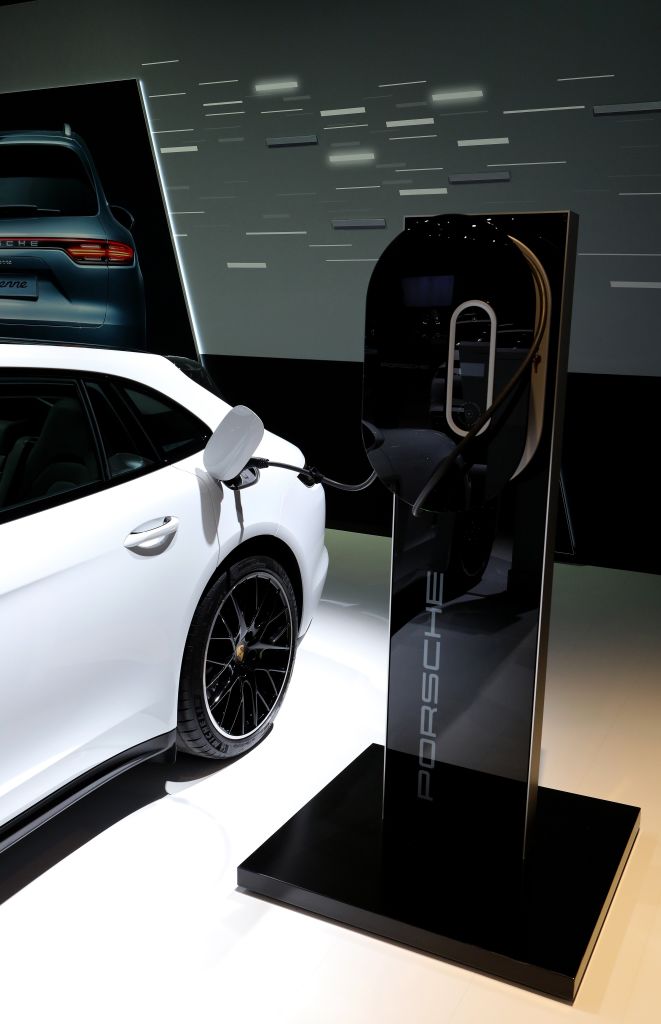
The Average Fuel Economy of Cars Has Risen a Shocking Amount in the Last 10 Years
Whether you’re buying a truck, an SUV, or a sedan, a car’s fuel economy is one of the most important things to consider. A more fuel-efficient vehicle simply means more savings in the long run. That’s why, according to a new report, the average fuel economy of a car has been rising for over a decade.
What the study says about fuel economy
According to Auto Alliance, from 2003 to 2018, the average fuel economy of an American car has grown from 19.6 MPG to 25.4 MPG. That means that cars nowadays are almost 30% more fuel-efficient than cars from 2003, and that trend continues to grow.
For example, Auto Alliance also mentions that the number of highly fuel-efficient cars available to consumers has dramatically increased in the last few years. In particular, Auto Alliance says that the number of cars on the market that get 30+ MPG has risen by 70 percent from 2012 to 2018. The number of cars that gets 40+ MPG and 50+ MPG has risen by 300 percent and 200 percent, respectively, in that same timespan.
Additionally, while plug-in hybrids like the Toyota Prius have only seen a 5% growth in the number of models available, the same can’t be said for electric cars. Auto Alliance says that the number of plug-in electric cars on the market has seen a 383 percent growth since 2012. This means that automakers and Americans care less about hybrids nowadays and instead want an EV instead.
Why fuel economy is so important now

The obvious reason behind that steady growth of both average fuel economies and high fuel-efficiency vehicles is because it’s a way to combat climate change. Climate change is an issue that many automakers and consumers are aware of, so by driving more fuel-efficient vehicles, customers can do a bit more to fight climate change.
For instance, while cars have been steadily getting more fuel-efficient, Auto Alliance also says that cars have become cleaner as well. Compared to 1966, the emissions from the average American car has dropped by 99.7 percent. This is also a direct result of automakers and customers becoming more environmentally conscious.
That said, one result of that consciousness is also the awareness that a fuel-efficient gas-powered car is a half measure. It’s still burning gas, and that will still emit the greenhouse gases that will accelerate climate change. That’s why despite these gains in fuel efficiency and cleanliness, electric cars are still the future.
The future is electric
With Tesla paving the way, other major automakers like Ford and Audi have begun designing and introducing their own EVs, such as the Ford Mustang Mach-E. That’s just the tip of the iceberg, though, as many automakers have more EVs in the early design stages.
That said, this is still the beginning of the electric era of cars. Auto Alliance says that, in terms of market share, electric cars only represent 1.2% of the American car market. This makes a lot of sense, as not only are there few EVs available, but most of them are high-end cars designed for wealthier Americans.
On top of that, while electric sedans largely dominate the EV market, many Americans don’t want a sedan. Many Americans want an SUV or a truck instead. Of course, Tesla already has its Model X SUV and the Tesla Cybertruck is on the way, but that’s not a lot of options. Eventually, more and more automakers will introduce their own affordable electric SUV and trucks, and that’s when things will start to rev up.
So, while it’s impressive that the average fuel economy of an American car has increased so much, it will only increase more dramatically as more EVs enter the road.



